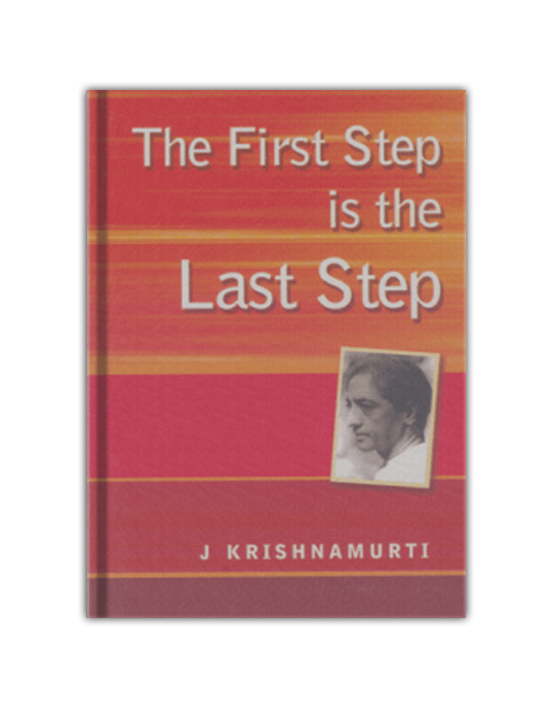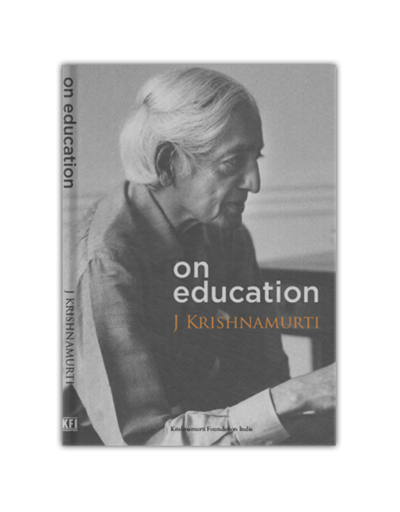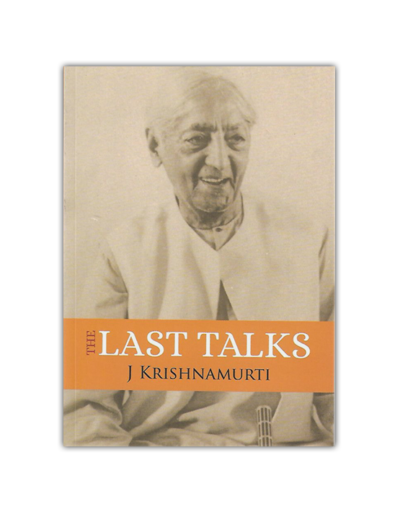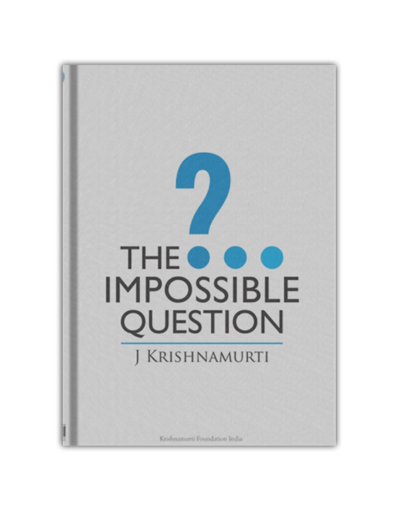Only logged in customers who have purchased this product may leave a review.
₹295.00
This book consists of the talks Krishnamurti gave in New Delhi, Madras, Bangalore, and Bombay between December 1970 and February 1971. The title is a summing up of many of his statements that form the common theme of these series of talks.
“The First step is the last step. The first step is to perceive – perceive what you are thinking, perceive your ambition, perceive your anxiety, your loneliness, your despair, this extraordinary sense of sorrow. Perceive it without any condemnation,justification, without wishing it to be different, just perceive it as it is. When you perceive it as it is, then there is a totally different kind of action taking place, and that action is the final action. That is when you perceive something as being false or as being true, that perception is the final action, which is the final step.” – J. Krishnamurti
For those who have gone seriously into Krishnamurti’s teachings, this book offers strikingly new perspectives on man’s ancient quest for self-knowledge.
Related products
-
₹120.00Quick View
This book consists of the last series of four public talks that Krishnamurti gave in Bombay, in February 1985. The talks are remarkable for the unusual perspectives and nuances that Krishnamurti offers on the psychological issues he deals with. There is a sense of polgnancy in the substance and tone of the last talk, where he urges us to realize that we are wasting our lives by not freeing ourselves from our hurts, conflicts, fears…
-
₹160.00Quick View
When Krishnamurti came to India in November 1985, he was in his ninety-first year. He had returned, in the words of a friend, to ‘say goodbye’. Despite his terminal illness, he visited the Rajghat School in Varanasi, the Rishi Valley School in Andhra Pradesh, and Vasanta Vihar in Madras to give public talks and participate in the discussions with all the vigour and passionate concern of the previous sixty years of his working life. In…
-
₹250.00Quick View
We never put the impossible question. We are always putting the question of what is possible. If you put an impossible question, your mind then has to find the answer in terms of the impossible, not of what is possible. All the great scientific discoveries are based on this—the impossible. By means of a series of exchanges, Krishnamurti helps his audience to explore matters such as personal relationships, the nature of pleasure and joy, the…






Reviews
There are no reviews yet.